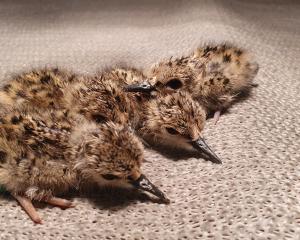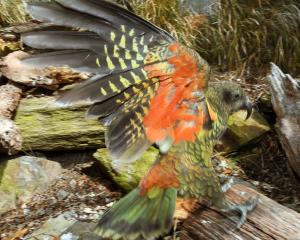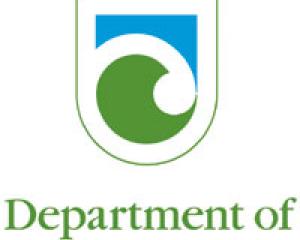He was presented with the International Parks Forum Don Merton Conservation Pioneer Award at a ceremony in Adelaide, Australia, last night as part of the fifth International Parks Management and Leadership Conference.
"It's pretty cool," Mr Knox said.
Dr Don Merton was a former Department of Conservation scientist considered a world leader in the recovery of threatened species.
Minister of Conservation Kate Wilkinson announced the award late last year, saying it included a financial grant to a young researcher aged 30 or under to get hands-on species management experience and use that experience to enhance their knowledge of how to tackle problems that continually confronted conservation efforts.
It was Mr Knox's work photographing and cataloguing geckos on the peninsula that enabled the Department of Conservation to return the geckos to their homes after they were recovered from smugglers.
In similar situations in the past, geckos recovered from smugglers had to be put down, as there was no way to identify where they came from.
Mr Knox has been monitoring the gecko population on the Otago Peninsula for three years and has images of 1800 geckos.
He splits his time between working for the Department of Conservation's grand skink and Otago skink programme and as an independent herpetologist monitoring the gecko population.
The process he developed for the geckos is now being used in a similar way to identify endangered skinks in the Macraes Flat populations.
He had become quite attached to the geckos on the peninsula, especially having followed some from birth to adulthood in the past three years, he said.
The populations on the peninsula that had not been disturbed by smugglers were stable.
"I'm keeping an eye on numbers and putting together a photo record of each population so if they turn up at an airport or somewhere, we can ID them."
Doc biodiversity assets programme manager David Agnew said Mr Knox's work had increased the knowledge of jewelled gecko in the Dunedin area and the techniques he developed "had a significant impact on conservation management of this iconic Dunedin species".




